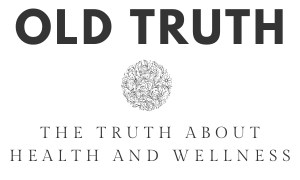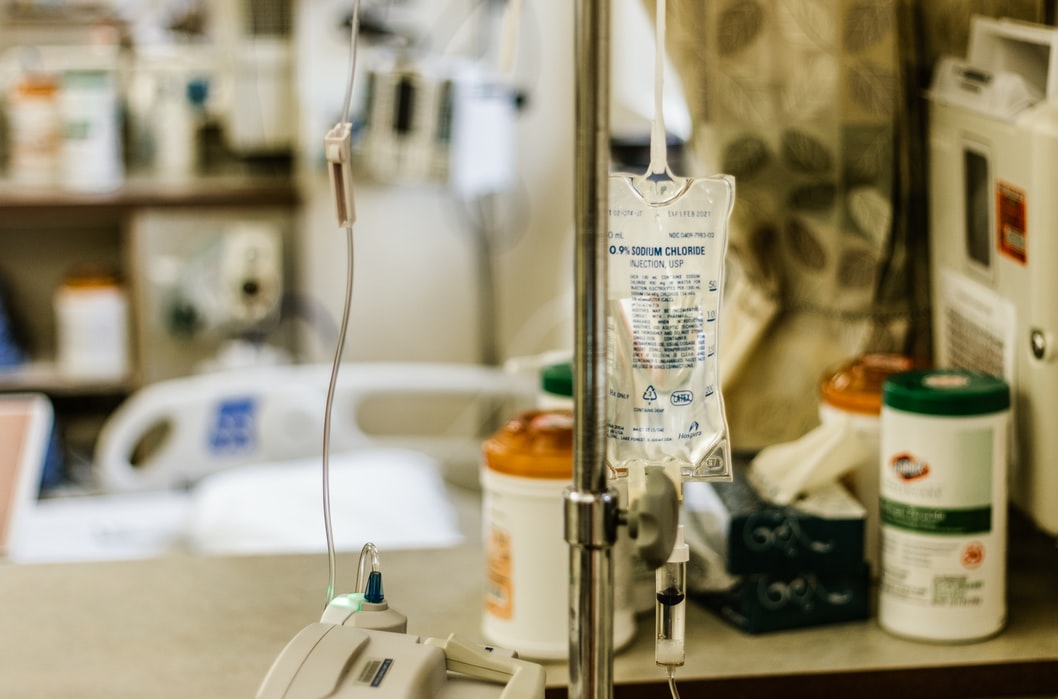What Are Clinical Trials?
Clinical trials are studies where well-researched treatments for diseases such as cancer are tested on a group of participants. These groundbreaking clinical trials test cutting-edge methods of diagnosing, treating, and preventing cancer, along with finding ways to manage its symptoms and any side effects from the treatment.
The findings gathered from these tests help doctors to find ways to improve medical treatments while improving the quality of life of those battling cancer. The process begins with conducting rigorous research in labs. According to the National Cancer Institute, “before any new treatment is used with people in clinical trials, researchers work for many years to understand its effects on cancer cells in the lab and in animals.” This includes determining any potential side-effects of the newly developed treatment. It’s only then that the researched treatment goes into the clinical trial phase where it’s tested on patients.
If you require cancer treatment, consider participating in a clinical trial, like the ones offered at the cancer treatment center in Rahway, NJ.
A Recent Breakthrough in Breast Cancer Treatment: TAILORx
The Association for Clinical Oncology’s 2019 annual report named the TAILORx clinical trial as the most significant achievement this year in the field of molecular diagnostics. This area of study examines biological markers in our genetic coding in the hope of applying the findings to the field of medical testing. It is the ability to genetically profile people that has lead to the customized treatment options developed thus far.
The groundbreaking clinical cancer trials for TAILORx (short for the study’s official name, “Trial Assigning IndividuaLized Options for Treatment (Rx)”) were sponsored by the National Cancer Institute (NCI) and began in April of 2006 and ended in March of 2018, 12 years ahead of schedule. It involved 10,273 randomized participants who all tested positive for a particular type of breast cancer. Specifically, it’s the “node-negative, estrogen-receptor positive breast cancer” that is diagnosed using a special 21-gene test performed on breast tissue samples.
This study initially began as a way of incorporating a molecular profiling test with the clinical treatment decisions in patients with breast cancer. In the trial, patients in the early stages of breast cancer had genetic testing done to determine the risk of their breast cancer recurring, with the results being used to determine the patient’s most effective course of treatment.
Most women who are diagnosed while they are still in the early stages of breast cancer are often advised to undergo an aggressive course of treatment, including chemotherapy, radiation, and hormone therapy. However, The National Cancer Institute issued a press release in June of 2018, announcing that the TAILORx trial found that “most women with early breast cancer do not benefit from chemotherapy”
The TAILORx clinical trial was the largest randomized breast cancer treatment trial ever conducted. The study ultimately found that 70 percent of women with early breast cancer (meaning that it had not yet spread to their lymph nodes) who tested positive for the specific type of breast cancer, which was diagnosed using gene-testing, could forgo chemotherapy. It demonstrated that these patients could undergo hormone therapy alone and live an invasive- disease free life, without having to experience the horrible side effects of chemotherapy, such as the short-term nausea and vomiting, hair loss, and a decreased quality of life, along with the long-term risks of ovarian failure, weight gain, cardiac effects, and cognitive problems.
How Do I Know if I Qualify For a Clinical Trial?
Do you or does someone you love suffer from breast cancer? If you’re a resident of New Jersey, you could check with the cancer treatment center in Rahway, N for breast cancer treatment options. Or, you could look elsewhere in the United States for various types of trials.
There are currently over 320,000 clinical trials listed online through the U.S. National Library of Medicine’s website, ClinicalTrials.gov, which serves as a database for both publicly and privately funded clinical trials around the world.
Clinical trials deal with all kinds of diseases, so if you’re battling an illness and aren’t getting the help you feel you need, look into volunteering for a clinical trial. It might do you some good, and it will definitely do some good for the scientific community.

